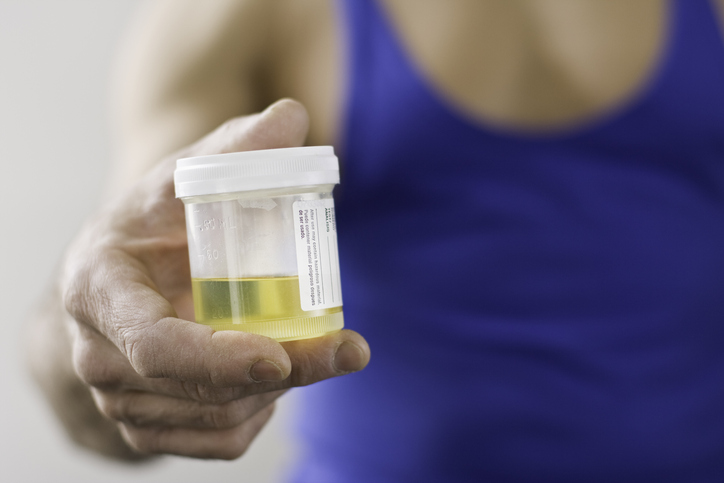Living with Chronic Pain
Medications and Urine Drug Screens

What is a urine drug screening?
A urine drug screen is a medical test used to detect drugs in the body. The kidneys filter toxins and other substances from the blood; this waste is then excreted from the body in the urine. Therefore, drug and alcohol use can be detected in a urine sample.
Places of employment, health care facilities, pain management clinics, and athletic organizations often require routine urine drug screening to ensure adherence to drug-use policies. A drug and alcohol urine screening can identify an individual’s use of stimulants, hallucinogens, narcotics/analgesics/opiates, and depressants/sedatives/hypnotics. However, some over-the-counter and non-narcotic prescription medications can produce a false positive reading indicating the presence of the aforementioned drugs in the system.
Medications that can produce a false positive
Certain medications can cause urine samples to read positive for narcotics. These include, but are not limited to, antidepressants, certain antibiotics, analgesics, decongestants, antipsychotics, and antihistamines. Some cough and cold medications that contain limited amounts of alcohol can result in a positive screen for alcohol use. The package insert included with the prescription antidepressant sertraline warns that it can possibly cause a false positive. Additionally, poppy seeds, which are found on certain bread items and bagels, contain a minuscule amount of opiates (specifically morphine and codeine) and can generate a false positive. Fortunately, NSAIDs, such as ibuprofen and naproxen, do not normally produce a false positive result.
Bottom line
Any current over-the-counter and non-narcotic medication use should be discussed with a pharmacist to determine if a false positive reading for narcotic use on a urine screen is possible. It is also imperative to discuss any current use of medications (prescription and over-the-counter) and supplements with the physician and technician collecting the urine sample.


















